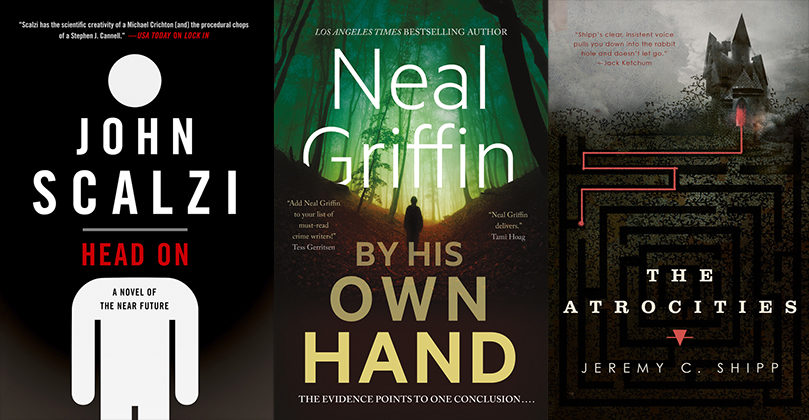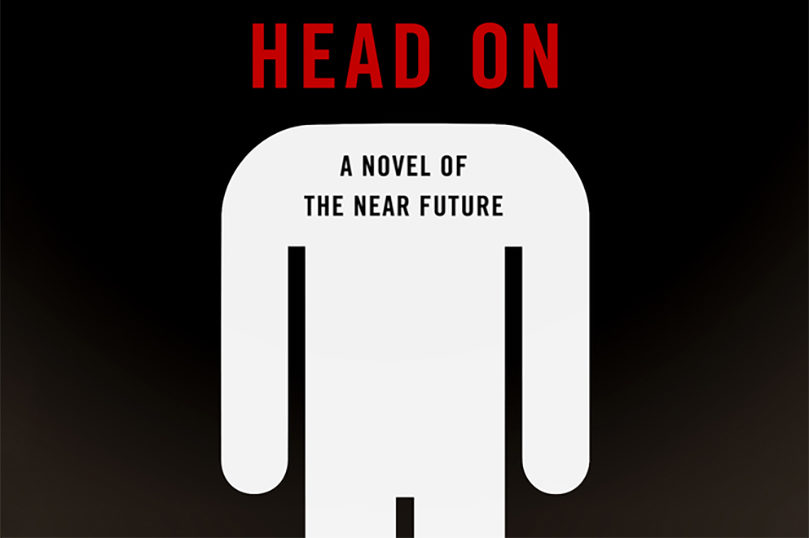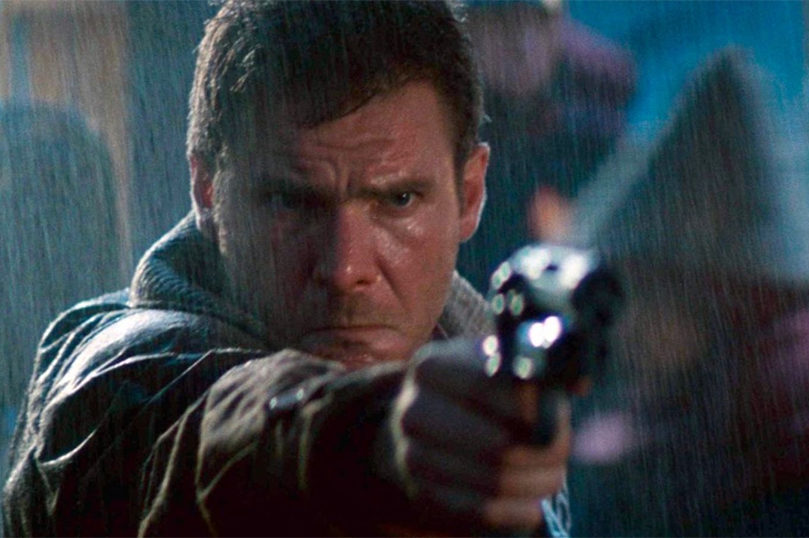
New Releases: 4/17/18
New from John Scalzi, Neal Griffin, and more!

New from John Scalzi, Neal Griffin, and more!

Loved John Scalzi’s Lock In? We’re giving away advance copies of the sequel, Head On! Comment for a chance to win.

When it came to writing Lock In and Head On, John Scalzi decided that the gender of his protagonist was a mystery, even to him.

Tor/Forge authors are on the road in April! See who is coming to a city near you this month.

Head On is the standalone follow-up to the New York Times bestselling and critically acclaimed Lock In.

Solving crime in a science-fiction universe is a heck of a headache, as any one of these eight unlucky protagonists could tell you.

Ever find modern-day sports a little…lacking? Us too. That’s why we’re sharing some of our favorite science fiction sports in this list!